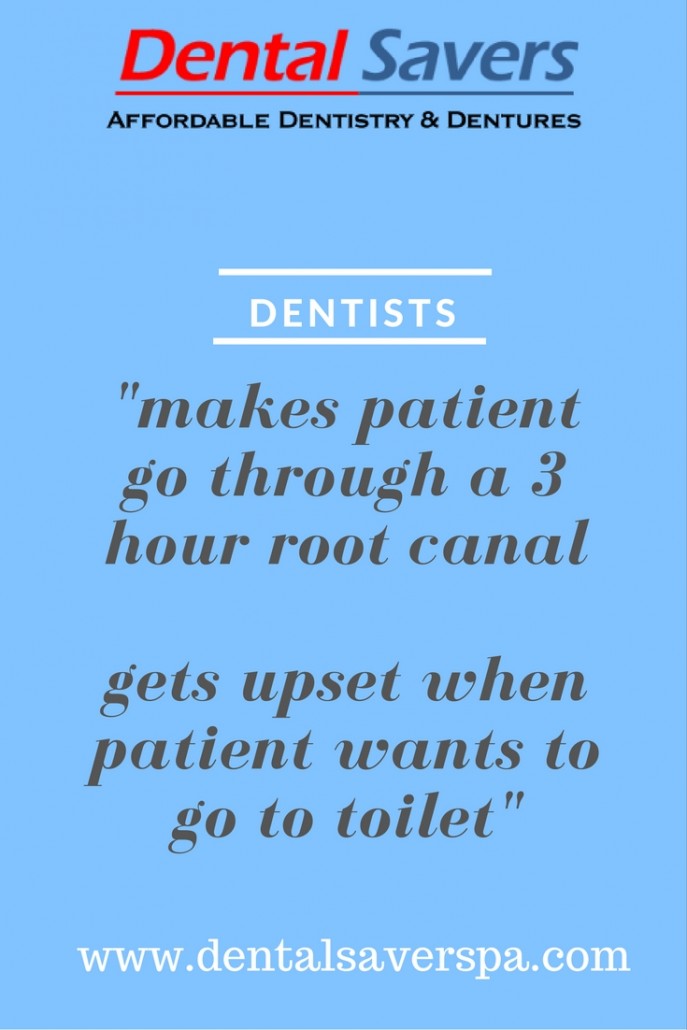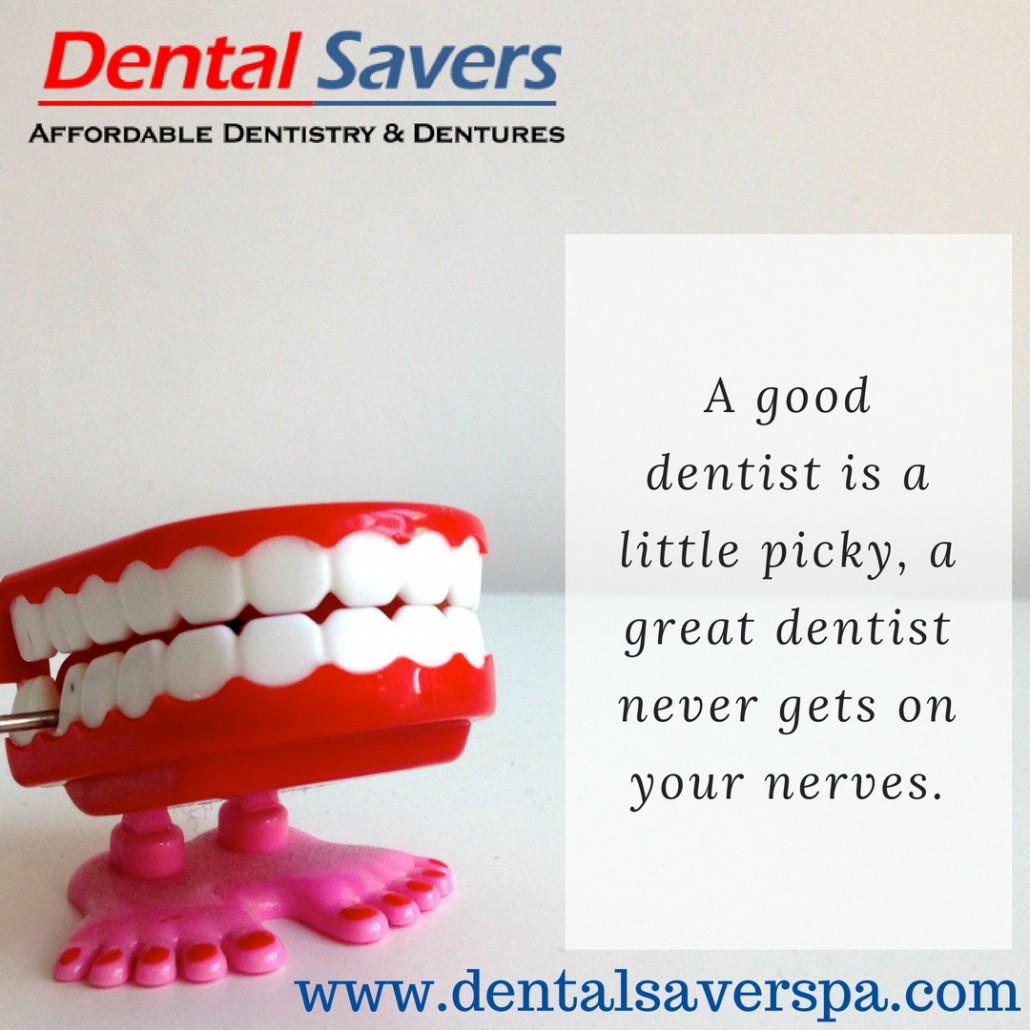All on-4-perfect solution for wisdom teeth removal in Philadelphia
It is best not to panic if one has to have a wisdom tooth extraction. There is a point of view that if wisdom teeth start to create trouble, it is a wise decision to have them removed. Some of the after effects of wisdom tooth extraction are bleeding for a while, some amount of discomfort, swelling and a bit of bruising.
Due to this, a dry socket condition too can be caused. This happens when the blood clot which forms at the site of the surgery either dissolves or something happens to it. With this, the underlying bone and tissue also are exposed to the outside environment. A lot of pain, bad breath, exposed bone, swelling in the lymph nodes in the neck and low fever could be the result of dry socket.
What all can one do to ease the after effects?
One can use ice packs on our face, just outside the mouth, for about 20 minutes each several times in a day for even up to two days after the surgical extraction. This will ease the swelling in the face. If the wisdom tooth was infected and was removed due to this, one needs to apply warm and moist compresses on the outside of the mouth for a reduction in swelling.
For the bleeding, one has to keep a gauze pad over the area where the tooth was extracted from for about half an hour after the procedure is completed. If the bleeding is too much, one should keep biting on the gauze pad for as long as 30 minutes. One can even try using a moist tea bag to arrest the blood flow.
After the procedure, try not to eat, drink or talk for about two hours. If required to do so, reduce these activities to a minimum. Also, plan to take rest for the rest of the day or. To prevent the blood clot from getting damaged, do not rinse with strong action or force. Avoid using a straw if drinking any beverages, cold drinks et al. Do not go in for exercise, especially any vigorous strokes for the next three to four days. Also, do not smoke or spit on the first day, especially if the bleeding has not stopped. After about half a day, you can use a gentle mouthwash for slow rinsing in the mouth. Do not brush anywhere near the area of the surgery for a day or two. Also, use gentle brushing action and do not make harsh strokes.
When the bleeding is arrested, take in a lot of fluids. These can be warm or cold but do keep yourself fully hydrated. Do not go on a fast. Eat regularly. However, do not eat solid or hard foods in the beginning. Begin with soft foods and lots of liquids in your diet.
For more details, contact: Dental Savers at Northeast Dental, 10847 Bustleton Ave., Philadelphia, PA 19116. Phone: (215)791-6705. Email: [email protected]
It is normal to see the face and even the mouth of the person we are speaking with. It just somehow is very natural to do so. Thus, if the person concerned has dirty or stained teeth, it comes to notice immediately and establishes a very unlikeable kind of impression.
What can one do about teeth staining?
If one does have a tooth or teeth which do not look good, there is no cause for worry. One can easily opt for a procedure called teeth whitening. This is not very complex and is not very heavy on the pocket either. Undergoing this treatment becomes all the more necessary for those who smoke or drink a lot of beverages like tea and coffee since habits like these result in teeth staining. Teeth whitening should become a regular habit if one indulges in such activities.
It is also seen that children and teenagers, at times, eat sticky and goo-ey items like candy and drink a number of soft drinks. Sometimes they do so even on a daily basis. These substances have a lot of sugar and even corrosive agents in them which can cause damage to the teeth. A decent amount of cleanship exercise is needed to do away with the harm which is inflicted upon the teeth due to these.
Facts about teeth whitening
There is no pain which comes packaged along with teeth whitening. At most one can undergo a very mild feeling of being uncomfortable while sitting in the dental chair. The end result, however, is worth it. One begets oneself a very lovely smile which anyone would be proud of wearing!
There are several kinds of teeth whitening treatments available. For some, one has to undergo a dental procedure and for others, one can even try out the treatment at home. Application of a whitening gel or paste is done. After this, a specialized kind of light is passed through this to harden it. The result is a brilliant smile which is several shades brighter than the original. For at home use, there are whitening trays which one has to wear over the teeth for a given duration during the day and even the night. After a few days, one gets teeth which are whiter by several degrees compared to what we started out with.
For more details on teeth whitening, contact: (215) 791-6705
Going to the dentist for a regular checkup and dental cleaning is something that most people have already forgotten to do or have taken for granted, and this does not help your oral health. Acknowledging and realizing the importance of achieving a healthy and beautiful smile means that you should also have the complete understanding of why regular checkups and cleanings are vital for your oral health.
If you need to improve the appearance of your teeth and correct minor flaws and imperfections, there are actually a wide range of dental solutions that you can choose from. One of the most common dental procedures performed for the enhancement of the appearance of your teeth are dental veneers.
(more…)
Suffering from bad breath or halitosis can be really very frustrating, and embarrassing at the same time. There are many contributing factors that can result in bad breath, it could be because of poor oral hygiene, the types of food or the nutrition of the person, and there are times that it is actually caused by certain medical conditions. No matter the root cause, bad breath is still an oral health condition that needs treatment and the very first thing that must be done is to identify the reason behind this condition so that an appropriate treatment can be applied.
(more…)
Brushing and flossing are but two of the most important oral hygiene habits that everyone should not miss. These are also the habits that require proper execution or you will not be able to achieve their maximum benefits. You may have been brushing for years since you were small, but how sure are you that you have done it correctly? For many people, it is no longer important how these habits are done, so long as they are part of their daily routine, what they do not understand is that the manner of doing these can significantly affect their effectiveness in your oral health.

At Dental Savers Spa, we offer a variety of methods for replacing teeth because we value you and we want to give the best and long lasting solution that’s suited for you. One of the services we offer is dental implant. (more…)

Oral cancer appears as a growth or sore in the mouth that does not go away like a cold does. Oral cancer, which includes cancers of the lips, tongue, cheeks, floor of the mouth, hard and soft palate, sinuses, and pharynx (throat), can be life threatening if not diagnosed and treated at early stage.
The common symptoms of oral cancer:
Swellings/thickenings, lumps or bumps, rough spots/crusts/eroded areas on the lips, gums or other areas inside the mouth.
The development of velvety white, red or speckled (white and red) patches in the mouth.
Unexplained bleeding in the mouth on a regular basis
Loss of feeling or pain/tenderness in any area of the face, mouth or neck.
Persistent sores on the face, neck or mouth that bleed easily and do not heal within two weeks.
A lump in the neck due to an enlarged lymph node
A soreness or feeling that something is caught in the back of the throat.
Difficulty chewing or swallowing, speaking or moving the jaw or tongue.
Hoarseness, chronic sore throat or change in voice.
Ear pain.
A change in the way your teeth or dentures fit together.
Dramatic weight loss.
Who gets oral cancer?
According to Cancer Research UK, men face twice the risk of developing oral cancer as women, and men who are over age 50 face the greatest risk.
Risk factors:
Smoking. Cigarette, cigar or pipe smokers are at much greater risk of developing oral cancers than non-smokers to develop oral cancers.
Smokeless tobacco users. Users of dip, snuff or chewing tobacco products are more likely to develop cancers of the cheek, gums and lining of the lips.
Excessive consumption of alcohol.
Smoking and drinking increases your risk greatly: If you smoke more than 40 cigarettes a day and drink an average of 30 pints a week you are 38 times more likely to develop oral cancer.
Family history of cancer.
How is the oral cancer diagnosed?
As part of your routine dental check-up, your dentist will conduct an oral cancer screening examination. More specifically, your dentist will feel for any lumps or irregular tissue changes in your neck, head, face and oral cavity. When examining your mouth, your dentist will look for any sores or discoloured tissue as well as check for any signs and symptoms mentioned above.
Your dentist may perform an oral brush biopsy if he or she sees tissue in your mouth that looks suspicious. This test is painless and involves taking a small sample of the tissue and analysing it for abnormal cells. Alternatively, if the tissue looks more suspicious, your dentist may recommend a scalpel biopsy. This procedure usually requires local anaesthesia and may be performed by your dentist or a specialist. These tests are necessary to detect oral cancer early, before it has had a chance to progress and spread.






